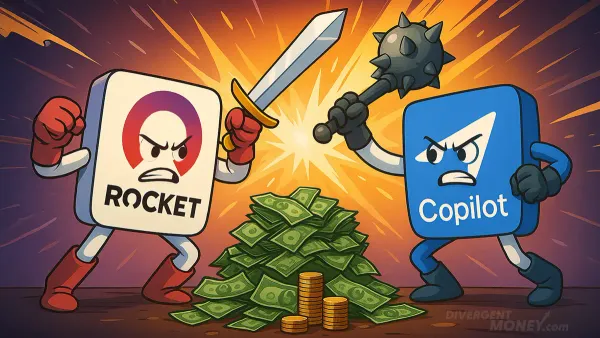Glossary: Doom Piles

In Everyday Terms:
Doom piles are those stacks of stuff—papers, clothes, unopened mail, random items—that just keep growing because you’re going to deal with them later... eventually. It's like every time you clean up, you just move things from one pile to another without actually tackling what's inside. Over time, these piles become overwhelming, making it harder to find things and even harder to start sorting through them. They serve as a constant reminder of tasks undone, leading to stress and avoidance.
Clinically Speaking:
A "doom pile" refers to the accumulation of physical clutter that results from executive dysfunction, decision fatigue, or overwhelm, often seen in individuals with ADHD, autism, and other neurodivergent conditions. These piles typically consist of items that require action—such as bills, to-do lists, or miscellaneous household objects—but are postponed due to difficulties with task initiation, prioritization, or mental exhaustion. Doom piles can contribute to feelings of anxiety and guilt, reinforcing cycles of avoidance and clutter.
Although anyone can experience doom piles, neurodivergent individuals may struggle with them more frequently due to challenges with organization, focus, and emotional regulation.
How Doom Piles Affect Personal Finance
Doom piles are not just clutter—they often contain financial obligations and important paperwork that, if left unchecked, can result in missed deadlines, financial disorganization, and increased stress.
Missed Bills and Late Fees
Stacks of unopened mail or disorganized financial documents can lead to forgotten bills, resulting in late fees, service interruptions, and even credit score damage. Important financial deadlines can easily get buried under growing piles of clutter.
Losing Track of Important Documents
Tax forms, bank statements, receipts, and other critical financial paperwork can get lost within doom piles, making it difficult to retrieve necessary information when needed. This can create stress during tax season or when trying to dispute a charge.
Impulse Spending as Avoidance
The overwhelming presence of doom piles can lead to avoidance behaviors, such as emotional or impulse spending, as a way to cope with feelings of guilt and anxiety. Rather than addressing financial clutter, individuals may resort to temporary distractions that exacerbate financial strain.
Delayed Financial Decisions
Doom piles often contain financial tasks—such as investment opportunities, medical bills, or budget plans—that get postponed due to the mental effort required to sort through them. This can result in missed opportunities for savings or financial growth.
Increased Anxiety Around Money Management
Having financial clutter in the form of doom piles can create a constant sense of financial uncertainty, leading to avoidance of money management altogether. This avoidance cycle can result in a lack of control over finances and greater financial stress in the long run.
Doom piles can feel overwhelming, but tackling them step by step with strategies such as breaking tasks into smaller parts, using visual reminders, and automating financial processes can help regain control. Whether it’s setting a timer for a quick decluttering session or establishing a system for sorting incoming mail, small changes can lead to significant improvements in both financial organization and mental well-being.




